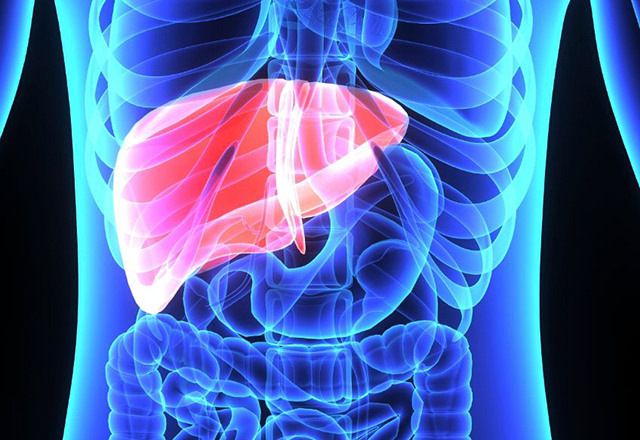Loading
CareDx Expands Transplant Portfolio in Europe
SOUTH SAN FRANCISCO, Calif., May 24, 2022 (GLOBE NEWSWIRE) — CareDx, Inc. (Nasdaq: CDNA) – The Transplant Company™ focused on the discovery, development, and commercialization of clinically differentiated, high-value healthcare solutions for transplant patients and caregivers – today announced that it has received CE marking for its AlloSeq HCT chimerism testing kit and AlloSeq HCT interpretation software for use in patients who have received hematopoietic cell transplantation (HCT).
“Transplantation is global and CareDx is proud to expand its leadership in Europe with CE marked AlloSeq HCT to help improve care for hematopoietic cell transplant patients,” said Reg Seeto, CEO and President of CareDx. “This new CE mark demonstrates our commitment to bringing high quality products to patients in Europe through our AlloSeq franchise, which includes a comprehensive suite of pre- and post-transplant solutions.”
Read the full press release on CareDx.com.
Loading







